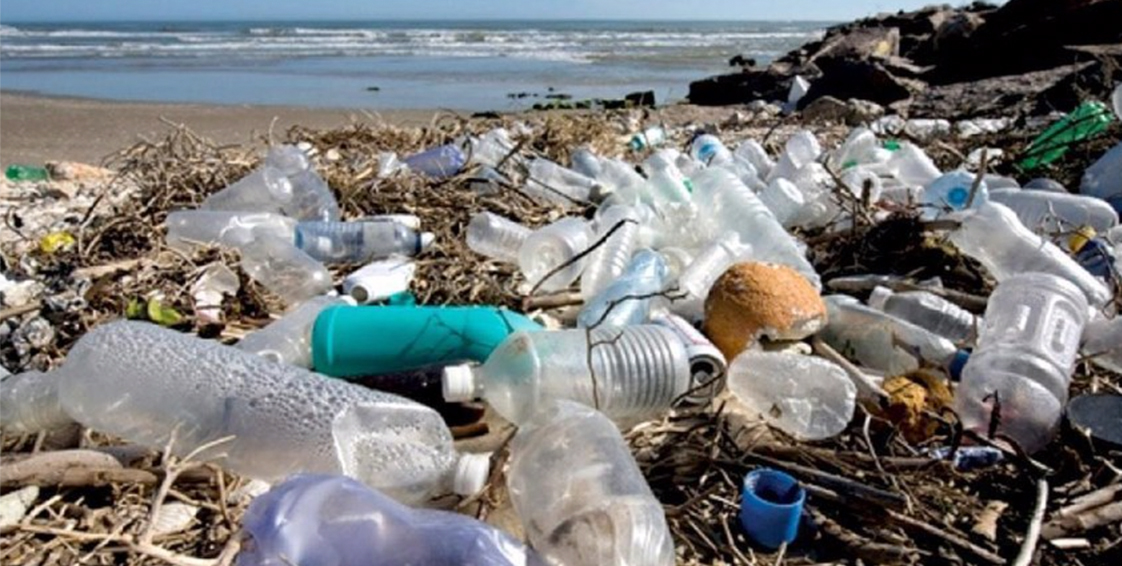Ban on Plastic Bags

The Cabinet Secretary of the Ministry of Environment and Natural Resources issued a gazette notice dated 28 February 2017 banning the use, manufacture and importation of all plastic bags used for commercial and household packaging in Kenya (the “Plastics ban”) with effect from 1 September 2017.
The plastic bags are defined as follows:
- Carrier bag – bag constructed with handles, and with or without gussets; and
- Flat bag – bag constructed without handles, and with or without gussets.
The National Environmental Management Authority (“NEMA”) has clarified that the Plastics ban shall apply to all plastic carrier bags and flat bags used for commercial and household packaging, including garbage bags. The Plastics ban does not apply to plastics used in primary industrial packaging in accordance with approved packaging standards. Also, it does not cover plastic liners, wrappers and other related plastic bag uses that do not fit the definition above.
The Plastics ban will end this business line of companies dealing in the manufacture of the affected paper bags. NEMA has clarified that by 28 August 2017, all manufacturers, importers, exporters should have stopped providing single-use carrier bags to customers, including export customers, and declare all their remaining stocks by 28 August 2017 to NEMA. Similarly, retailers are required to clear stocks by 28 August 2017 and declare all the remaining stocks to NEMA by that date.
The affected companies and the Kenya Association of Manufacturers have argued that the implementation of the Plastics ban will directly affect the 176 plastic manufacturing companies and indirectly more than 60,000 people who are part of the plastic manufacturing value chain. This figure has however been challenged with the Ministry stating that it is exaggerated. Nonetheless, the fact remains that the Plastics ban may result in job losses at the plastic manufacturing companies and their distributors where applicable. For plastic manufacturing companies with credit facilities, the Plastics ban may affect their ability to meet their loan repayment obligations. On the other hand, these companies may also be looking for investment or financing to enable them to adjust their technologies to produce other products that are not banned or are eco-friendly bags.
Based on the above, for those who will be materially affected by the Plastics ban, there is scope to engage the Ministry and NEMA on the application of the Plastics ban, whether the purpose of the engagement will be to stall the implementation of the Plastic ban, lobby for more time to comply with the ban or push for detailed regulations to provide for necessary exemptions to the Plastic ban.
Context
This is the third time the Government (both National and County) have tried to issue directives to control the use of plastic carrier bags in Kenya. The first attempt to control plastic bags was done about 6 years ago but failed mainly due to lack of consistent follow up on the agreed implementation plan. In 2011, NEMA declared a ban on bags below 0.6mm in thickness but it was not implemented. In 2007, the NEMA issued another ban against plastic bags below 0.3mm in thickness which was also not successfully implemented. NEMA then tried to place a special tax on use of plastic carrier bags but this was also not implemented.
At the county level, the Nairobi County Assembly has considered two bills which aimed to control the manufacture and use of plastic bags in Nairobi. The first bill in 2014 was withdrawn for further consultations among the stakeholders and the second bill in 2016 is still under consideration in the County Assembly. Similar proposals were made in the Meru County Assembly in 2015 but the proposals have not yet been introduced as a county bill.
In Africa, only Rwanda has successfully implemented a complete ban similar to the Plastic ban. At the time of implementation of the Rwandese plastics ban, the Rwandese Government provided the local plastics manufacturers with incentives to change its technology to produce eco-friendly bags. However, plastic bags are still used in Rwanda in the healthcare industry during collection and transportation for disposal of bio-medical wastes; and in agriculture where polyethylene bags are used for construction of greenhouses among other things.
Tanzania had intended to enforce a similar ban on plastics from 1 January 2017 but the implementation has been delayed in order to finalize regulations that will provide further clarity on the implementation of their plastics ban. Based on public sources, the draft regulations in Tanzania contain exemptions for plastic bags used in medical services, sanitation, industrial packaging, the construction industry, the agriculture sector and in waste management. They also seek to provide a special phasing out time of up to two years for the local plastics manufacturer to either shut down their facilities, lay off workers or change their technology to produce recyclable bags. There was also a proposal to allow the local manufacturers to manufacturer the bags for export only. Zanzibar banned the use of plastic bags in 2008 with a 3 year transitional period which however ended in 2016. The plastics ban in now in force.
In June 2017, the East African Legislative Assembly passed the EAC Polythene Materials Control Bill, 2011. If assented to by the EAC Heads of State, the law will provide a legal framework for the preservation of a clean and healthy environment through the prohibition of manufacturing, sale, importation and use of polythene materials.
Other African countries that have proposed plastic bans include Botswana, Cameroon, Guinea-Bissau, Mali, Uganda, Ethiopia, Mauritania, and Malawi. These countries have however not yet managed to implement a total plastic bags ban. Globally, countries like Bangladesh, Israel and France have passed similar laws.

